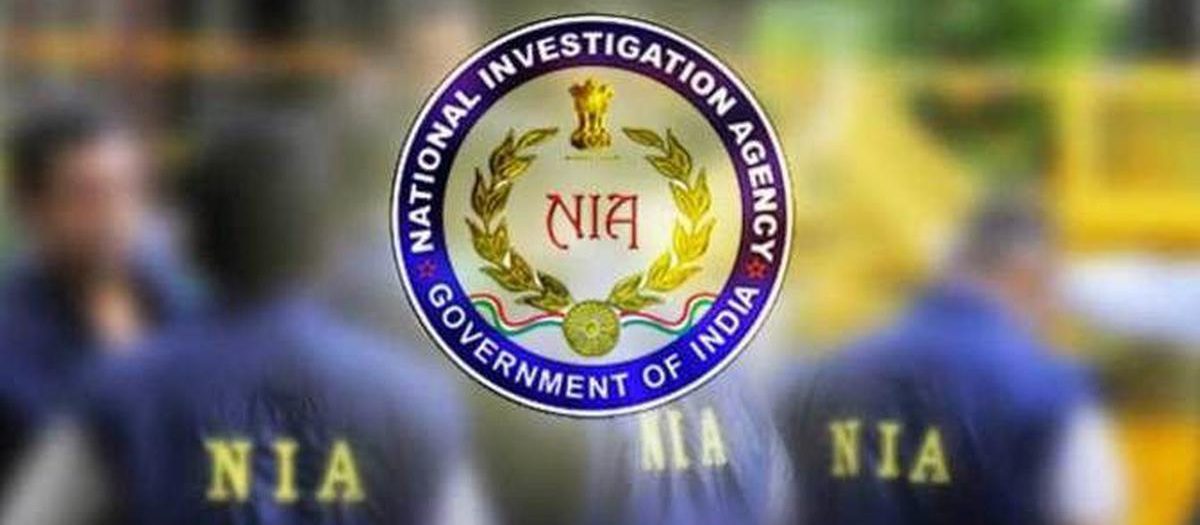- One might lose track as to how many times the issue of granting bail for an accused awaiting trial for petty crime/offense is raked up in recent times. Keen followers would have lost track of the matter for sure. As elucidated in earlier articles, there are thousands and thousands of undertrials incarcerated in jails for petty crimes and offenses without having recourse to even seek bail as part of the judicial system. There is simply no reason why granting bail should impede the investigations if the crime and/or offense in question does not even remotely relate to an act of purported terrorism or causing damages to the sovereignty of the country. The maxim bail, and not jail should be the accepted judicial norm needs no further elaboration or emphasis.

PC: Shantanu Pachauri
- However, strangely enough, scores of accused without charge or trial continue to remain in jails is a grave matter of concern calling for serious deliberations. As you are aware, the Elgar Parishad case is in the limelight for the last few years largely owing to Father Stan Swamy’s incarceration despite the octogenarian suffering from old age-related serious medical conditions as also Parkinson’s disease. Unfortunately, Stan Swamy’s death in judicial custody recently was an entirely avoidable tragedy which raises pertinent questions on the judicial functioning in the country. No denying that every part of the criminal justice system is responsible for the death compelling us to dissect where exactly the procedures failed in addressing the situation.
- Note that he was not even being tried since his arrest and was awaiting further proceedings in last year’s National Investigation Agency (NIA) filed Elgar Parishad charge sheet defines sound logic. Most notably, NIA arrested Swamy only a day before filing its charge sheet showing the agency did not need him for custodial interrogation very clearly. In other words, the integrity of the investigation would not have been threatened had Swamy received bail in the case. When most of the undertrials and other petty offenders were granted parole when the pandemic was raging across the country, NIA stoutly opposed the bail pleas of 84-year-old suffering from serious medical conditions.

PC: Sruthisagar Yamunan
- It is a no-brainer to comprehend the trial court failed on accounts of common sense, simple decency, and judicial principles by stalling the bail application of Swamy who could not possibly have initiated drastic intimidatory measures against witnesses or pose a flight risk. Remarkably, a worrying trend is sweeping across the country in the manner with which serious charges like terrorism and sedition charges are being filed. The draconian Sedition Charges and the Unlawful Activities (Prevention) Act (UAPA) being enforced terming the accused as terrorist and anti-national is on the rise much to the chagrin of civil rights activists and the ilk.
- Therefore, Stan Swamy’s death imperatively necessitates revisiting the present provisions of the UAPA defining terrorist acts and consequences of discouraging bail. It is incumbent something decisive must be considered henceforth as the Elgar Parishad case starkly highlights where some of the accused are in prison for nearly three years with courts yet to frame charges to begin a trial. The tragic death of Swamy should help push the system to seriously reconsider the shakeup it so badly needs. Looking another way rather than address with genuine humane considerations will be a disaster for an individual(s) natural justice and constitution mandated rights.






